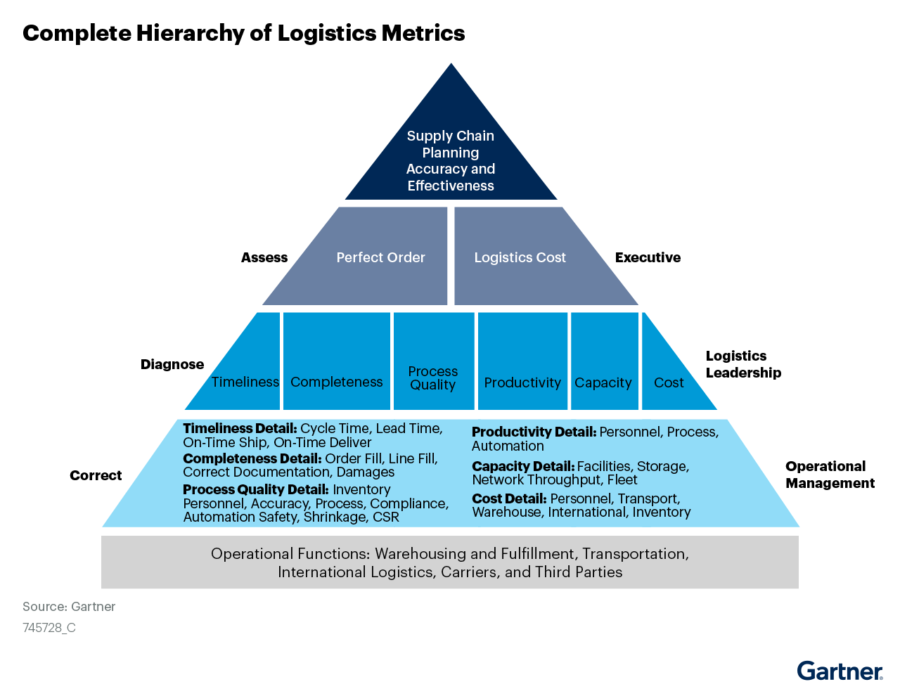Why are these Metrics Important?
These metrics are crucial to improving e-commerce warehouse performance as they provide insights into accuracy, efficiency, and cost-effectiveness. By focusing on these metrics, logistics leaders can identify areas for improvement and take corrective action where necessary. For example, improving order accuracy can reduce returns and improve customer satisfaction. Similarly, reducing order cycle time and lead time can result in faster deliveries and more satisfied customers.
Conclusion
In conclusion, measuring and improving e-commerce warehouse performance is essential to meet customer expectations and remaining competitive. By focusing on the top 10 metrics that impact e-commerce warehouse operations performance, logistics leaders can identify areas for improvement and take corrective action where necessary. By implementing a framework for evaluating e-commerce warehouse performance, logistics leaders can streamline their operations, improve accuracy, increase efficiency, and reduce costs, ultimately leading to a more successful e-commerce business.
If you want to get a more in-depth read about the 10 metrics for e-commerce warehouse performance, download the report by Gartner here

